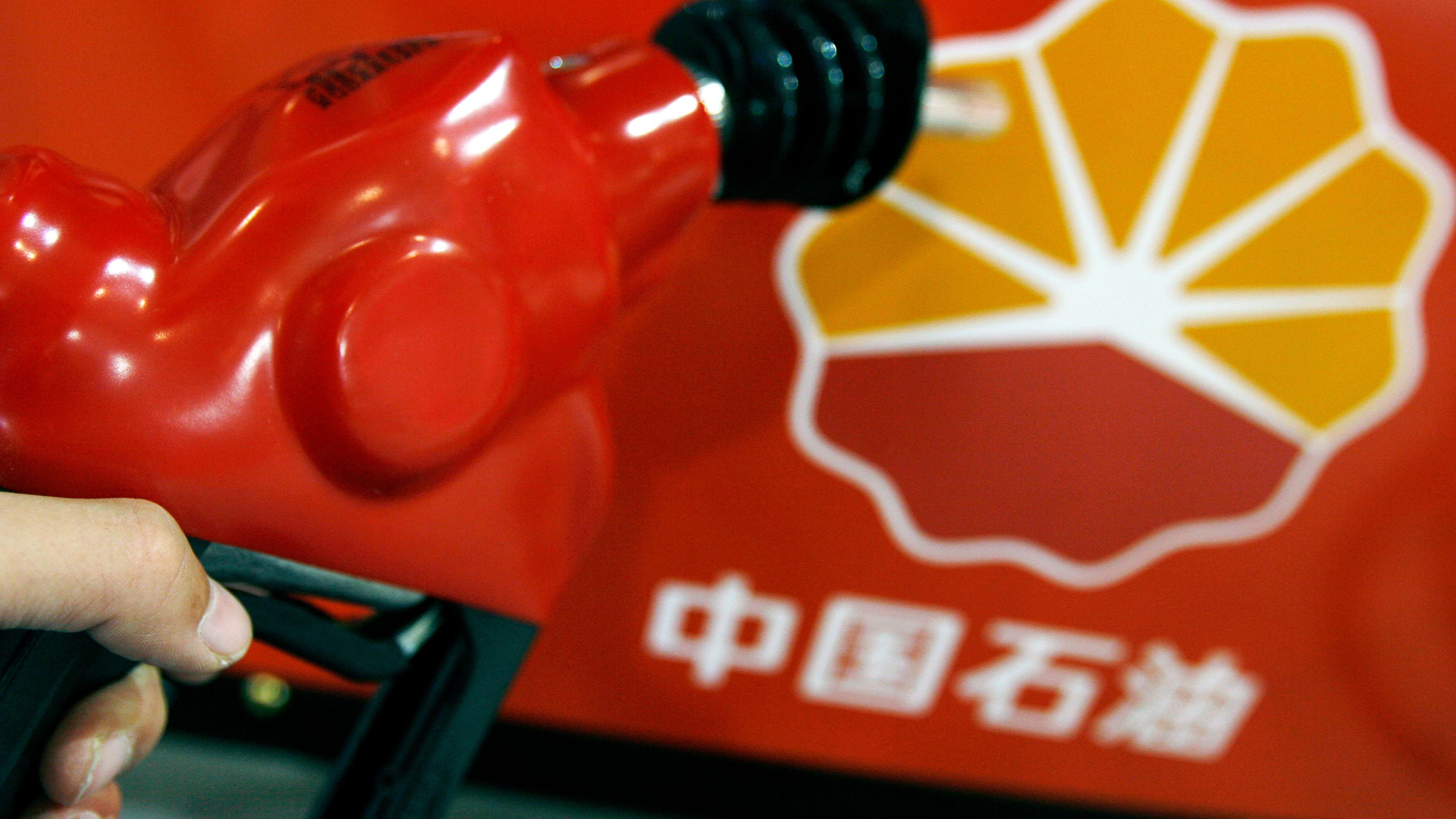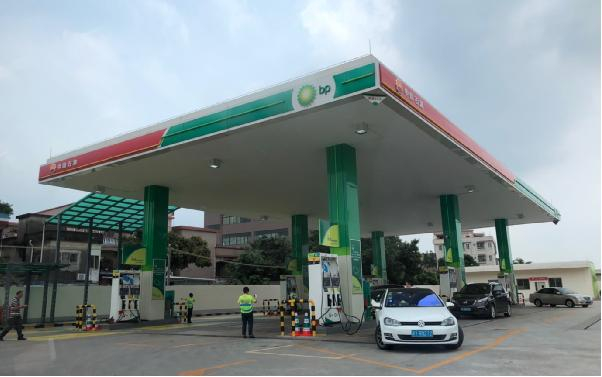
Business
20:01, 14-Aug-2018
Will foreign-managed filling stations be a reality?
Updated
19:38, 17-Aug-2018
By CGTN's Li Jianhua
02:52

China continues to open up its domestic market to foreign companies, many of which now enjoy relaxed restrictions on energy, resources, infrastructure, and professional services.
The 2018 Negative List removes the requirement for a Chinese party to be the controlling shareholder in respect of foreign-invested companies engaged in the construction and operation of gas stations. More than 30 chain gas stations are funded by the same foreign investors or will be selling oil products of different varieties and brands from multiple suppliers.
Foreign oil companies to start solo career?
One case is BP PetroChina Petroleum Co., Ltd., which is a joint venture formed in 2001. The British oil company told CGTN it might start a new “solo” career in China soon.
"At BP, we really welcome this open, transparent and progressive market process, and we really think this is a good step for the Chinese government to bring these incredibly good measures to foreign investors and be more committed (to) China and we are very encouraged by it,” said Yang Xiaoping, Chairman of BP China.
Through partnerships with China’s state-owned oil companies, BP currently operates over 740 dual-branded filling stations in southeastern China, serving about 400, 000 customers every day. And 1,000 more dual-branded or single-branded ones will be added in the coming five years.
Foreign oil companies to bring better service?
BP announced to invest ten million US dollars in the NIO Capital US Dollar Fund in June 2018 to support the organization’s efforts to explore opportunities in China’s new energy vehicle (NEV) ecosystem.

Petrol station, joint venture by BP and PetroChina, selling dual-branded petrol in southeast China’s Guangdong Province. /CGTN Photo
Petrol station, joint venture by BP and PetroChina, selling dual-branded petrol in southeast China’s Guangdong Province. /CGTN Photo
“We are very committed to introducing premium retail offers to Chinese customers and satisfying the growing demands of Chinese consumers. We bring a wealth of retail expertise with a set of differentiating offers of high-quality products and services,” said Shen Ming, General Manager, BP PetroChina Petroleum Co., Ltd.
Shen added BP has pilot-launched its most advanced Ultimate Fuel, a product that helps clean dirty engines and gives drivers more miles per tank, in southeast China’s Guangdong Province.
Regardless, many suspect China’s new policy is only symbolic.
“Though the Negative List brings about a certain degree of market access liberalization, some additional licensing or approval requirements may still be required in the newly liberalized sectors, resulting in FDI in these sectors remaining limited, as we have seen in previously liberalized sectors,” said Kyle Freeman, International Business Advisory Manager at Dezan Shira & Associates to China to China Briefing.
However, some experts take issue with that, saying this policy will bring solid benefits to all parties.
“China’s Reform and Opening up are key to the nation’s development. I believe China’s move to open its market more in the petrol retail industry is conducive to the upgrading of China’s petrol retail sector,” said Liu Chunsheng with Central University of Finance and Economics. “It would also lower China’s oil prices, which can be docked with that abroad, so that it can reflect the supply and demand scenario of international petrol resources.”

SITEMAP
Copyright © 2018 CGTN. Beijing ICP prepared NO.16065310-3
Copyright © 2018 CGTN. Beijing ICP prepared NO.16065310-3